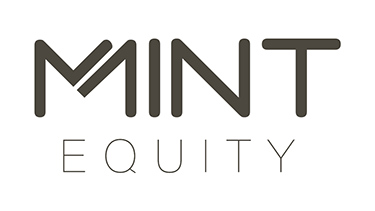As an early Christmas present the Reserve Bank of Australia (RBA) left the official cash rate unchanged at 2.0 in their December decision. But among all the talk of basis points, official cash rates, and[1] [2] forecasts of rates staying unchanged, increased or cut, what does it all really mean for you? How does it actually affect your mortgages, credit cards, spending and investments?
We have been bombarded with seemingly endless coverage of interest rates since the end of 2011 when the RBA announced their first cut in 31 months but what does it really mean for consumers?
In the broadest sense the RBA will lower the interest rate in order to stimulate growth. Since an interest rate is essentially the cost of money, a low interest rate will reduce the cost of borrowing for consumers. A possible result is that consumers will have greater access to funds and will therefore increase their spending, which stimulates the economy.
Also, those with existing loans (particularly property-related loans) will be paying slightly less on their mortgage or other forms of credit, if their lender passes on the reduction. Changes to interest rates also affect how much money is worth in the long-term. For example, those with term deposits or investments will need to know their money will not depreciate in value over time, due to cost of living pressures.
“Decisions from the RBA have significant, long-term impact on the household finances of the average Australian.”
While RBA cash rate decisions would traditionally have guaranteed a corresponding fall in interest rates, this is less certain lately due to wider issues within the economy that are affecting lending institutions. The decision to pass on these rate cuts is now a far more delineated process between the RBA and banks and is being influenced by issues such as wholesale funding costs.
While it can seem difficult to find direct linkages between decisions from the RBA and the everyday life of the average Australian, these changes will in fact have significant, long-term impact on household finances of any consumer accessing finance; which is most of us.
In practical terms, interest rates affect:
Mortgages
The effect of an interest rate change on a property or other asset loan will be determined by whether the loan was entered into at a fixed or variable interest rate. There are advantages and disadvantages associated with both types of interest and the stability of the wider economy will often influence the decision to enter a fixed rate mortgage.
If the economy is doing well, for instance and consumer spending is up this increases the likelihood the RBA will increase rates and consumers entering into a mortgage at this time will be more likely to select fixed interest mortgage (at least in part).
Of course the opposite is true if economic growth is sluggish. During slow growth periods, the RBA will reduce rates to stimulate spending and consumers will therefore be more inclined to enter into a variable mortgage. Variable loan holders enjoy the benefits of rate reductions, as well as the strain of a rate increase and for a loan with a life of around 25 years or more this can be a difficult decision for borrowers. Your mortgage broker can advise you of the options available and develop a strategy that works with your short and long term plans.
Credit cards
Around 15 million Australians own a credit card with an average rate of anywhere between 5-25% interest charged on any balance owing. Credit card interest can fluctuate based on the type of purchase made and a consumer's credit history will impact the rate they are offered initially. Not all credit cards are subject to changes in the national cash rate since it depends on the individual credit provider and, as with a mortgage, whether the interest rate is fixed or variable.
Savings
Interest rates are one of the key incentives to save, as of course this builds on the value of your money over time. Unfortunately, cuts to the national interest rate will inevitably affect how much money consumers are able to accrue through term deposits and standard savings accounts.
Investments
Bond holders also suffer when an interest rate is reduced, as it means the value of their long-term investment is diminished therefore affecting the return on investment.

